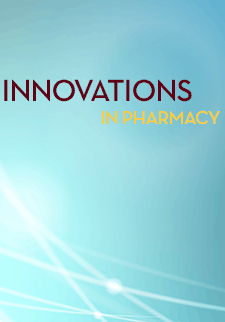Stepwise Development and Yearlong Assessment of a Pharmacist-Driven Molecular Rapid Diagnostic Test Result Service for Bloodstream Infections
Andrew Ticcioni
Ascension Columbia St. Mary’s Hospital
Kyle Piscitello
Ascension Wisconsin
Matthew Bjornstad
Regions Hospital
Katie Hensley
Concordia University Wisconsin
Jim Davis
Ascension Wisconsin
Annette Drobac
Ascension Columbia St. Mary's Hospital
John Canepa
Ascension Columbia St. Mary's Hospital
DOI: https://doi.org/10.24926/iip.v12i2.3720
Keywords: Molecular rapid diagnostic test, bacteremia, antimicrobial stewardship, sepsis, clinical pharmacy service
Abstract
Purpose: Provide a stepwise approach to the design and implementation of a service that integrates all staff pharmacists into the communication and interpretation of molecular rapid diagnostic tests (mRDT) for bloodstream infections and summarize outcomes from a 12-month post-implementation assessment. Physician and pharmacist impressions of the service are also described.
Summary: mRDT have proven clinical benefit in the treatment of bacteremia. Pharmacy leadership can collaborate with other health system leaders to develop policies and a workflow that route result calls to pharmacists to maximize the impact of this technology. Pharmacist education, development of clinical resources and documentation templates allow all pharmacists to perform this antimicrobial stewardship service consistently and confidently. Physicians overwhelmingly recognize the value of this service and often accept the pharmacist’s recommendations. Antibiotic de-escalation was the most frequent outcome when changes to the antibiotic regimen were made.
Conclusion: Pharmacists are well positioned to utilize results from mRDT to improve antibiotic selection. Through the use of competencies and internally-derived resources, all pharmacists, rather than just infectious diseases pharmacy specialists, can perform this important antibiotic stewardship activity and positively influence patient outcomes.



